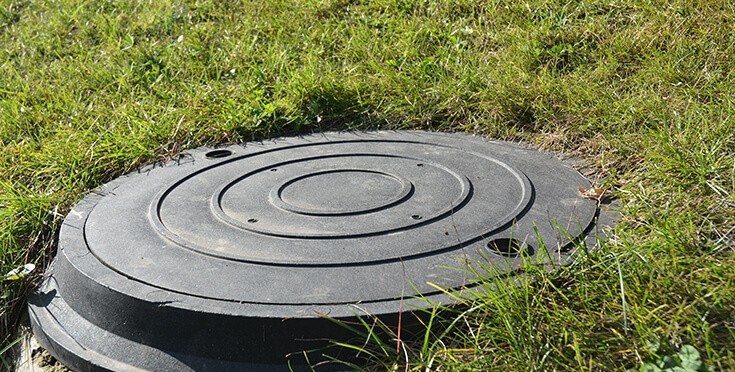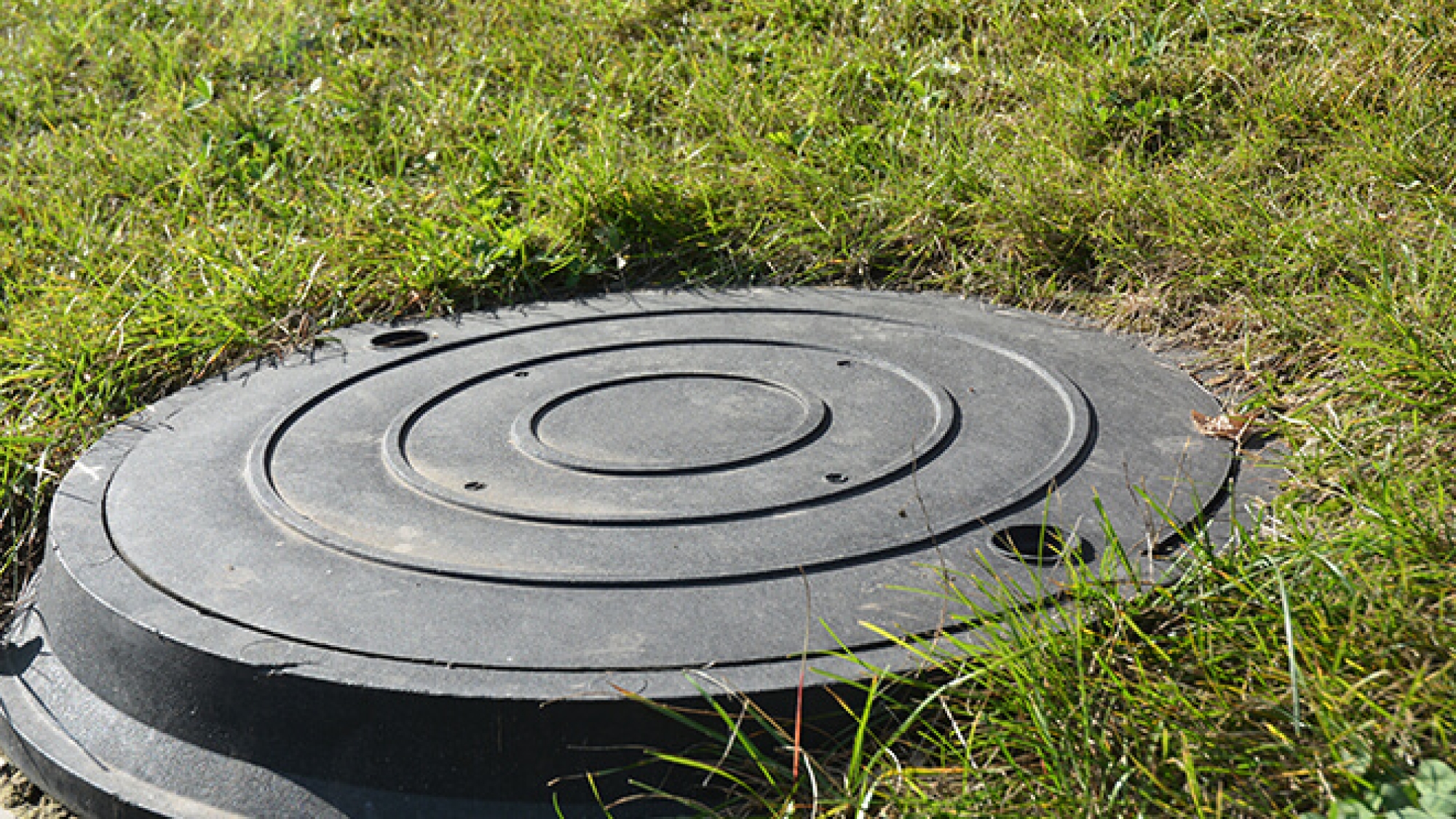
If your home or business is out in the countryside or otherwise ‘off the grid’, you may use an alternative sewage treatment method such as a septic tank or cesspit/cesspool.
As well as upcoming changes to legislation making sewage treatment plants the only approved method of waste treatment, septic tanks and cesspools pose a number of risks and can damage the environment around them.
Find out more about the hidden dangers of septic tanks and cesspits and why you should upgrade to a full sewage treatment plant in our latest blog post.
What’s the Difference Between a Septic Tank and a Cesspit?
Contrary to popular belief, a cesspit and a septic tank are two different things – the fundamental difference is that within a cesspit, sewage is simply stored, the cesspit is then emptied by a professional when it is full.
On the other hand, within a septic tank, sewage is stored and partially broken down before being discharged, whilst safer than raw sewage, this discharge is still considered to cause damage to the environment.
The General Binding Rules 2020
The General Binding Rules were first released in 2015 and come into force in 2020. If you have a septic tank that discharges into a body of water such as a stream, you’ll need to upgrade to a sewage treatment plant before 2020.
Additionally, if your current set up is found to be negatively impacting its surrounding environment, or if you are looking to sell your property, you will be required to upgrade sooner.
Dangerous Gases
Due to the nature of what is stored within them, both cesspits and septic tanks contain gases that are potentially harmful to health. Whilst there is no risk when they are sealed in the tank, there are several dangers they hold including:
- Rupture of the tank – This can be caused by tree roots and building works and will result in harmful gases being released in the vicinity of the septic tank or cesspit.
- Lid collapse – Septic tanks generally have a concrete lid to keep them secure. Over time, the gases can eat away at the lid, causing it to become weaker and increasing the risk of collapse.
- Fires – The gases produced by cesspits are extremely flammable, a naked flame should never be anywhere near a cesspit.
Flooding
Flooding of a septic tank can be caused by several circumstances including heavy rain, flooding, blocked pipes, damage to internal components and saturated soil preventing discharge.
If your septic tank is flooding, you will need to reduce or completely restrict the amount of water that is used to avoid contracting an illness and making the problem worse, you find raw sewage backing up into your sinks and toilets.
Additionally, you will need to contact a professional to inspect and service the tank, failure to do so can leave you liable to legal action should the flooding cause a health or pollution risk.
Pollution
As cesspits are sealed, they generally only cause damage to the environment around them if they are damaged. However, as septic tanks discharge into bodies of water, they can cause serious damage to the environment, killing wildlife and contaminating private water supplies.
In addition to sewage, a septic tank or cesspit will contain anything that is flushed down the toilet or poured down the sink, this often includes chemical cleaning products, kitchen oils, detergent and human waste.
Inspection Costs
The final danger of cesspits and septic tanks is the amount they will cost you! In addition to installation costs, you will need to pay for regular emptying, inspection and servicing of your cesspit or septic tank in order to prevent it from posing a risk.
Furthermore, if your property currently relies on a septic tank or cesspit, you will have trouble selling it, as the new owners will have to take into consideration all the costs associated with maintaining it and the inevitable cost of upgrading to a sewage treatment plant.
Nationwide Sewage Treatment Plant Installation, Repair and Maintenance
If your property currently handles sewage through a septic tank or cesspit, you will need to upgrade it before 2020. At Mawdsleys Pumps, we provide a nationwide service for the installation, repair and maintenance of sewage treatment plants; we’ll even remove and dispose of the old unit for you.
For more information, give one of our expert team a call today on 0117 954 8030 or fill out a contact form and we’ll get back to you.

